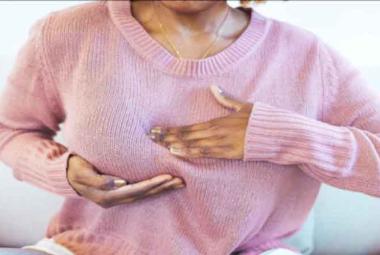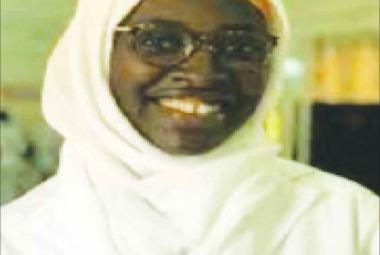By Zainab Jobarteh
Pregnancy and childbirth, though a happy experience for most women, tends to come with a lot of challenges and complications. Women either have difficult pregnancy, childbirth or postpartum. One of the things that have been overlooked in pregnant women is Post Traumatic Stress Disorder (PTSD) after childbirth.
The impact of stress, trauma and anxiety in women after childbirth have been discounted and marginalised in our society. There seems to be an unspoken agreement that it is normal for women to go through some emotional and physical distress after childbirth. This notion, however, seem to be misleading.
In this interview with Dr Kalilu Jagne, a gynecologist at EFSTH, he reported that 9% of women experience PTSD in childbirth. He stated that childbirth alone is stressful, and even if one does not have PTSD, they may have a little bit of stress and insomnia at the initial stage.
‘’For someone who has experienced a less traumatic childbirth, they might have Acute Stress Disorder, and this is just because they have given birth,’’ he noted.
“PTSD happens when a woman was exposed to a traumatic childbirth which was life-threatening, and then they begin to have flashbacks, nightmares, inability to sleep and tiredness all the time,’’ he explained.
The norm for a mother to be there for her child is unquestionable. Everyone expects a mother to be there for her child after child birth; to breast-feed the child and take care of the child. “But because of PTSD”, Dr Jagne explained, “they might not be functional to do this’’.
‘’You might not even be able to socialise with people. You tend to have impairment in your domain. Once you have this impairment, it means you have a disorder,’’ he added.
On managing the effects of PTSD, Dr said it is concerning that women hardly seek medical help when it comes to mental health because of the way the society is set up.
“The first person they invite is marabou, to see if the individual will get better, and unfortunately, it only gets worst because they do a lot of things that can be quite frightening,’’ he lamented.
He added that some women tend to have these disorders because of unhealthy relationships they have with their husbands, and they hardly talk to anyone because society expects married women to be quiet about their marital problems.
Dr. Jagne emphasised the need for psychosocial support officers in the antenatal units of hospitals, “or even enhance midwives so that these women would have a space to air out their distress’’.
He explained that when this is available, pregnant women who do not have healthy relationships with their husbands or in-laws would have the opportunity to talk to experts at the hospital. This technique he elucidated would help reduce the rate of PTSD as they would be able to pick these problems with pregnant women from an early stage.
He however applauded advocacy groups that have been emerging to raise awareness around issues surrounding mental health.






